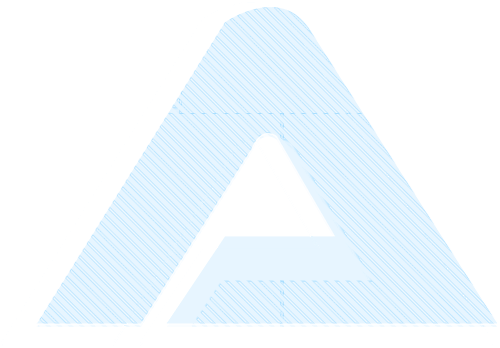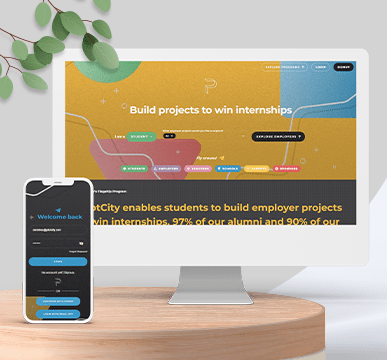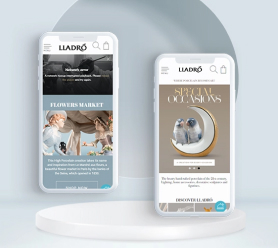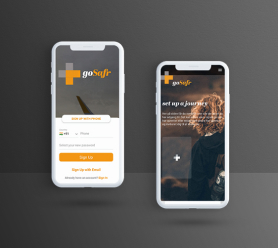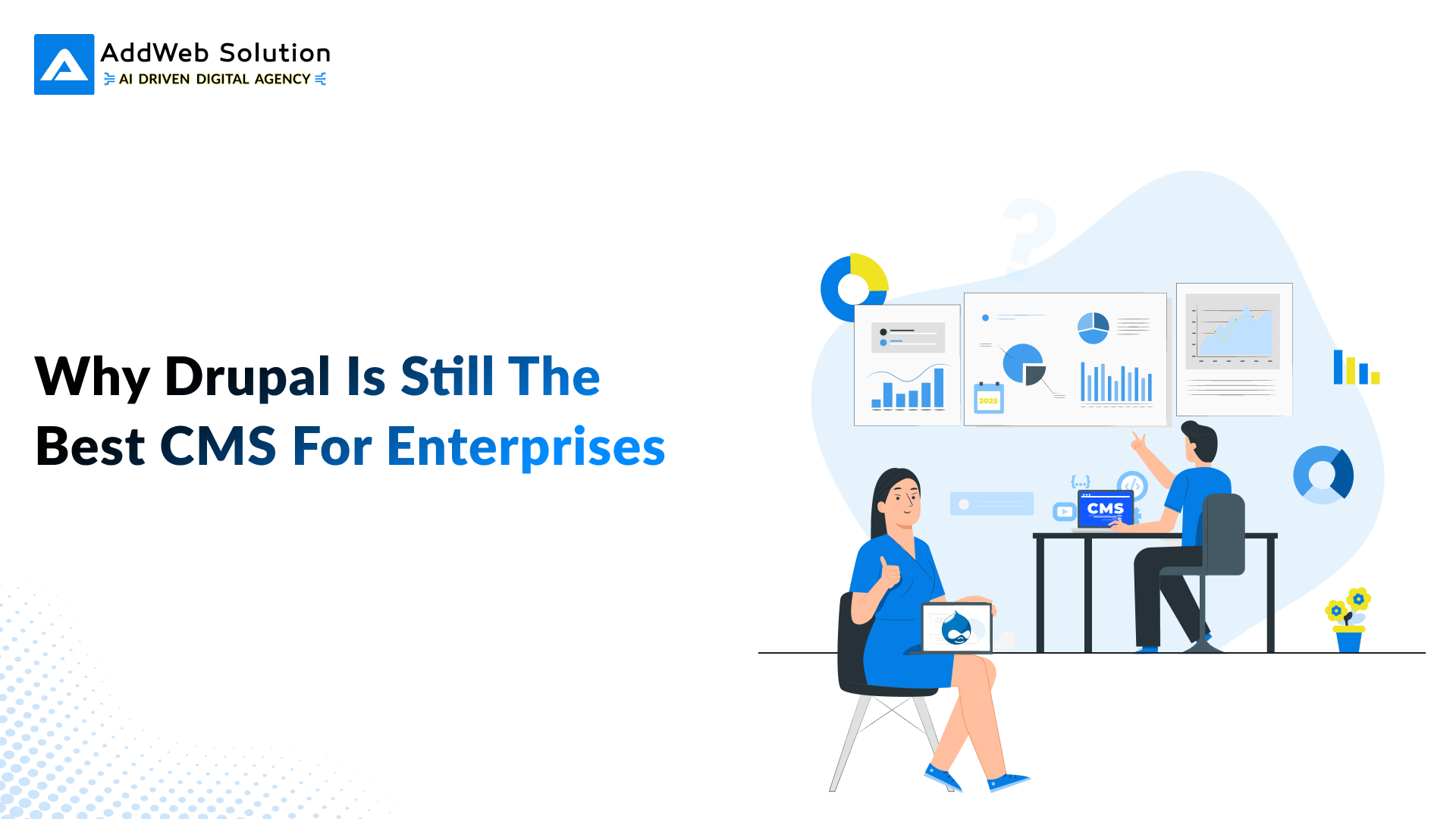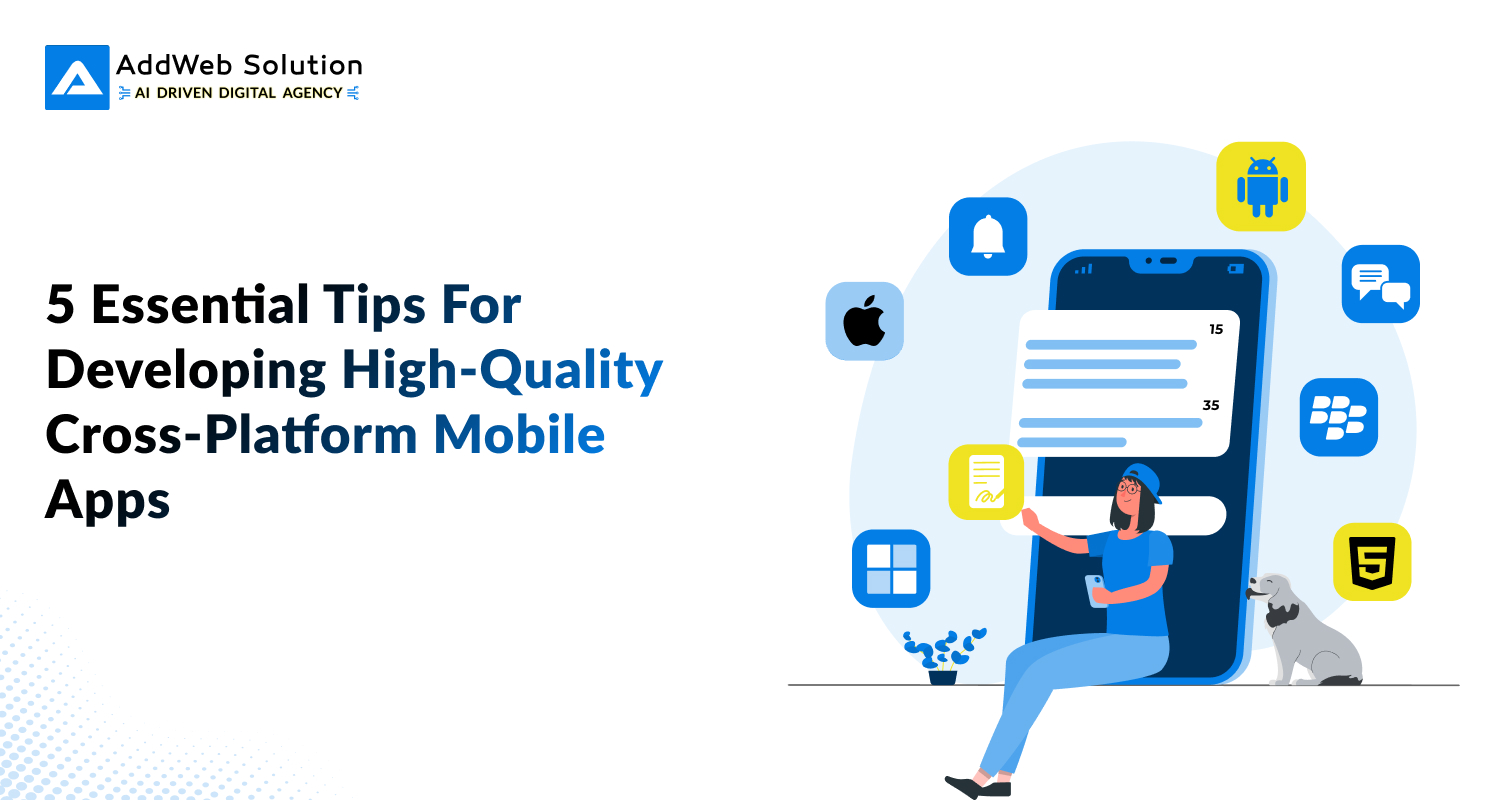Android Native Development Services
The Android Native Development Kit (NDK) is a crucial tool that enables native development in C/C++. This complements the established Android Software Development Kit (SDK), which predominantly supports Java, thus offering developers a versatile toolkit to optimize performance and integrate seamlessly across various Android devices. As a leading mobile app development company, we help businesses develop full-featured mobile apps with Android NDK.
We Help with Various Android Native Development Services
We provide comprehensive app development services encompassing everything from crafting captivating designs and layouts to the entire development, deployment, and ongoing maintenance lifecycle.
Why Android NDK for Mobile App Development?
In recent times, mobile app users’ expectations have significantly evolved. This shift can be attributed to the swift progress in app development technologies and the intensifying competition within the industry. Native Android applications now stand out as essential tools for meeting these heightened user expectations, offering unparalleled capabilities to deliver immersive and engaging experiences.
- Captivating User Experience
- Superior Performance
- Access to Built-in Features of the Device
- Robust Security
- Better App Market Support
- Easy Maintenance, Better Tech Support
The Android NDK allows developers to implement complex graphics and high-performance computation directly in native code. This capability results in smoother animations, faster load times, and enhanced interactivity, leading to a more engaging user experience. Native code can leverage advanced graphical libraries like OpenGL, which is critical for games and multimedia applications.
By enabling developers to write performance-critical parts of the application in C or C++, the NDK can significantly boost the speed and efficiency of those components. Native code typically executes faster than Java code, making it ideal for applications that require intensive processing, such as games, real-time data processing, or heavy mathematical computations.
The NDK provides a direct bridge to utilize native libraries and hardware features that may not be fully accessible through the Android SDK. This includes low-level APIs for audio processing, graphics rendering, and other device-specific capabilities, allowing developers to harness the full potential of the device’s hardware.
Native code can offer enhanced security features through advanced encryption and obfuscation techniques. By leveraging the NDK, developers can better protect sensitive algorithms and intellectual property, making it harder for malicious entities to reverse-engineer or tamper with the application.
NDK applications can stand out in app stores due to their performance and advanced capabilities. The enhanced user experience and functionality often lead to better user reviews and ratings, which can increase visibility and downloads in competitive app markets.
Using the NDK can simplify certain aspects of maintenance, mainly when dealing with cross-platform development. Developers can reuse existing C/C++ codebases, reducing redundancy and streamlining updates. Additionally, a robust community and extensive resources are available for NDK support, enabling developers to quickly find solutions and best practices.
What is Android NDK & It’s Features
The Android NDK (Native Development Kit) is a set of tools that allows Android developers to integrate native code (written in languages like C and C++) into their Android applications alongside the Java/Kotlin-based code typically used with the Android SDK (Software Development Kit).
- Native Code Support
- Performance Enhancement
- Access to Native APIs
- Reuse of Existing Codebases
- Compatibility Across Devices
- Support for Multimedia and Graphics
- Debugging and Optimization Tools
- Cross-Platform Development
- Flexibility in Development
Offers Mobile App Development Services for Vast Industries
By leveraging the Android NDK, developers can enhance their Android applications with high-performance native code while benefiting from the rich ecosystem and tools the Android platform provides for various industries.
Non-Profit
Social Networking
Game & Sports
Real Estate
Education
Entertainment
Healthcare
Finance
Food
eCommerce
Logistics
Travel
Need a Team of Android NDK Development Experts?
Fill out the form below to empower your business vision with our skilled Android NDK developers.
Risk-free 15 Days Trial
Clients Speak-Stories from our Clients
Here is what our happy clients say about us.
Our App Development Case Studies
Below are examples of our successful implementations of Android development services.
Frequently Asked Questions
Do you have a few more questions that need to be answered? Find them all here.
The Android NDK (Native Development Kit) allows developers to implement parts of their Android applications using native code languages like C and C++. It’s beneficial for optimizing performance-critical components of mobile apps that require direct hardware access or intensive computation.
Utilizing the NDK can significantly enhance app performance, especially in areas such as multimedia processing, 3D graphics rendering, and real-time data processing. This improvement can lead to smoother user experiences and better overall app responsiveness.
The NDK is ideal for scenarios where performance is crucial, such as gaming applications, video/audio processing apps, augmented reality (AR) applications, and apps requiring complex mathematical computations.
Developers need to manage memory manually and handle platform-specific nuances, which can increase development complexity compared to purely Java/Kotlin-based applications. Ensuring compatibility across different Android device architectures requires thorough testing and validation.
Yes, it’s possible to combine native code written in C/C++ with Java/Kotlin code in Android projects. This flexibility allows leveraging the performance benefits of native code where necessary while benefiting from the productivity and platform compatibility of Java/Kotlin.
Debugging native code requires setting up debug configurations in Android Studio and using tools like LLDB (the debugger provided with the NDK). Testing also involves ensuring compatibility across different Android device architectures, which may require targeted testing on specific devices.
Integration typically involves setting up the NDK in Android Studio, configuring Gradle build files, and incorporating native code modules where performance optimizations are necessary. It’s essential to establish clear guidelines for when to use native code and ensure developers are proficient in C/C++ as needed.
Developers should review the terms of the Android NDK’s license to ensure compliance with Google’s requirements for distributing apps that include native code. Adhering to any third-party library licenses used in conjunction with the NDK is also crucial.
Google provides comprehensive documentation, sample code, and community forums for Android NDK development. Additionally, leveraging experienced developers or partnering with external experts can facilitate smoother integration and troubleshooting.
Highlighting specific examples or case studies where the use of the Android NDK improved app performance, reduced latency, or enabled innovative features can showcase the potential impact for clients considering native code integration.














